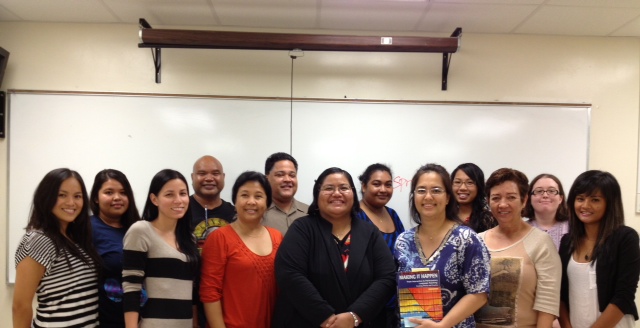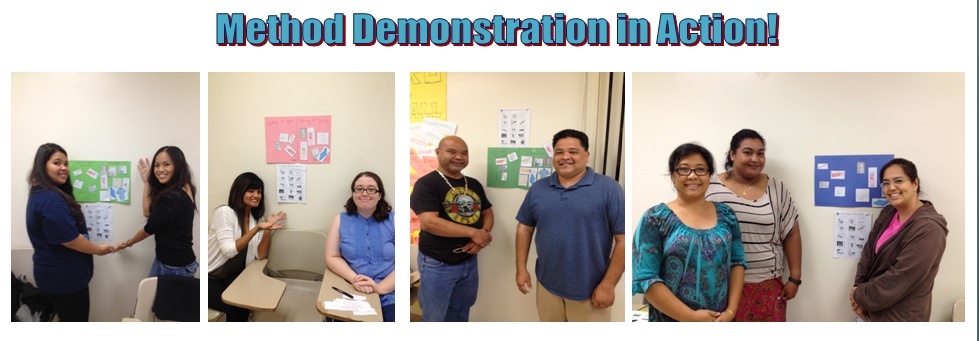"Thank you for speaking English"
In my elementary/middle
school, I was always reminded of what the sign read when my classmates and I
walked in the hallways. My principal and teachers would point it out to us. But,
I never cared about those signs because English was the only language I could
speak. What I do remember are the many times I would hear my teachers conversing
in their language in front of the sign or even in their classrooms. I am not sure
if those signs are still up, but it is interesting!


Subscribe to:
Post Comments (Atom)




This is very interesting. I never had a sign like this posted up in my school, but then again I went to elementary/middle school in Montgomery, Alabama where nearly all of the student body at the schools I attended spoke English. (At least at the time I went.) I would have never thought of a school actually posting something like that up.
ReplyDelete-Kaylynne
I went to a private christian school for middle school through my senior year and one of the many rules was to speak English all the time on campus. And the interesting thing was that there was no sign posted on the walls in the hallway or anywhere on campus. But we get in trouble if we don't speak English.
DeleteI had a similar school setting too. We were always told to speak English. I remember that my sister's kindergarten had a very strong accent when speaking English and my sister would speak english with that same accent.
DeleteWow! I don't know how I feel about that. There are positive and negative aspects to it, I guess. I understand that for ELLs to learn the English language, they need to practice speaking the language as much as possible. However, I think that we need to let the students understand that English is no better than their native tongue and our schools have to value interdependence and cultural diversity.
ReplyDeleteI love your ideology. I speak English with an accent and have never been ashamed of it.
DeleteHmmm..interesting. Although I am pursuing my Master's degree to teach students the English language, I still wish to embrace their unique identities brought forth by their cultural backgrounds. I believe that learners should not feel the need to eradicate or look down upon his/her native language after acquiring the ability to speak English. Even though the English language has almost become the universal language of this globalized world, we must still appreciate the beauty of all other languages.
ReplyDeleteI teach English to those children who are supposed to be learning from me, right? But, every now and then, what happens in the class is that I am the only person who does not speak the language that they all speak. Once one student starts to speak in his native language, the whole class becomes the class of their language. I feel left out really. I also feel something similar to "peer pressure" being surrounded by those chattering children. Of course, I can always pull myself together and the class, but, it is really who is in the total immersion of what language in the class or at the work place. Sometimes.
ReplyDeleteThat posting on the wall is very different. I guess to truly understand it's purpose I would want to know the reasoning as to why the school felt they needed to post such a statement. It could have been to immerse all students fully in the English language. It could also have because a few people didn't like hearing other languages being spoken and they wanted it to stop since is was an English speaking school. In any context the way it was written was like a backhanded request. They try to make it sound nice and polite by adding the word please at the beginning and then they quickly injected their request. They should have just wrote "no speaking any other language than English, thank you."
ReplyDelete